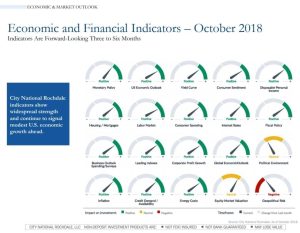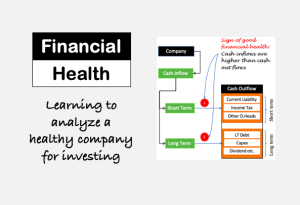
Employment laws are an essential aspect of any workplace, governing the relationship between employers and employees. These legal provisions establish guidelines for fair treatment, minimum wages, working conditions, anti-discrimination measures, and more.
It is crucial for employers to be well-versed in employment law compliance in order to avoid legal disputes, penalties, and damage to their reputation. This article will provide a comprehensive guide for employers on understanding and complying with employment laws.
Understanding Employment Laws
Employment laws encompass a vast array of legal provisions, regulations, and statutes that influence the employment relationship. These laws vary across jurisdictions, so employers must be familiar with the specific laws that apply to them.
Some key aspects of employment laws include:
Minimum Wage and Overtime
Minimum wage laws establish the lowest compensation rate that employers can pay to employees. Overtime laws, on the other hand, determine the additional compensation an employee must receive for working beyond regular working hours. It is crucial for employers to stay updated with the latest minimum wage rates and overtime requirements.
Non-Discrimination and Equal Opportunity
Employment laws prohibit discrimination based on factors such as race, gender, age, disability, religion, and more. Employers must ensure equal opportunity in hiring, promotion, compensation, and other employment-related decisions. Adopting inclusive policies and providing reasonable accommodations for employees with disabilities is essential.
Health and Safety
Employers have a legal obligation to provide a safe and healthy work environment for their employees. Following safety regulations, conducting regular inspections, providing training, and maintaining records of accidents and incidents are crucial for compliance.
Family and Medical Leave
Family and Medical Leave Act (FMLA), or similar laws, provide employees with the right to take unpaid leave for specific family or medical reasons. Employers must understand the eligibility requirements, duration of leave, and the reinstatement rights of employees upon their return.
Privacy and Data Protection
With the increasing digitization of workplaces, employers must ensure compliance with laws governing the collection, storage, and protection of employees’ personal information. Employee consent for data collection, secure storage practices, and appropriate data usage are necessary to protect employee privacy.
Complying with Employment Laws
Awareness and Education
Employers must be aware of the employment laws applicable to their jurisdiction. They should stay updated with any changes in legislation and ensure that their human resources department is well-versed in employment law compliance. Conducting regular training programs for employees can also help educate them about their rights and responsibilities.
Written Policies and Procedures
Employers should have documented policies and procedures that outline their commitment to compliance with employment laws. These policies should emphasize non-discrimination, equal opportunity, safety measures, privacy protection, and other relevant aspects. It is crucial to communicate these policies to employees to set clear expectations.
Recruitment and Hiring Practices
Employers must adhere to fair and non-discriminatory hiring practices. This includes advertising job vacancies widely, conducting interviews based on merit, and avoiding discriminatory questions. Implementing diverse recruitment practices can help ensure equal opportunity for all applicants.
Record-Keeping
Employers must maintain accurate and up-to-date records regarding various employment-related aspects, such as payroll, hours worked, leave, and performance evaluations. These records can serve as evidence of compliance and can be invaluable in case of disputes or legal claims.
Regular Audits and Reviews
Periodic audits and reviews of employment practices can help identify areas where compliance may be lacking. Employers should assess their policies, procedures, and practices to ensure adherence to employment laws. Engaging legal professionals or consultants can provide valuable insights and recommendations for improvement.
Consequences of Non-Compliance
Failure to comply with employment laws can have serious repercussions for employers. Some of the consequences include:
Legal Penalties
Employers may face lawsuits, penalties, fines, or even criminal charges for violating employment laws. Legal disputes can be time-consuming and expensive, resulting in damage to the company’s finances and reputation.
Reputational Damage
Non-compliance with employment laws can tarnish an employer’s reputation. News of discrimination, unfair treatment, or workplace accidents can have long-lasting negative effects on the company’s brand and ability to attract and retain talented employees.
Employee Dissatisfaction and Turnover
Employees who feel their rights are being violated or are subjected to an unsafe work environment may become dissatisfied and seek alternative employment. High turnover rates can disrupt operations, decrease productivity, and further damage the company’s reputation.
Conclusion
Employment law compliance is not only a legal obligation but also crucial for fostering a safe and inclusive workplace. Employers must invest time and effort into understanding, implementing, and regularly reviewing their compliance with employment laws. By doing so, they can protect their employees’ rights, mitigate legal risks, and maintain a positive and reputable working environment.
Remember, compliance is an ongoing process, and staying informed and proactive is key to success in navigating the complex landscape of employment laws.


